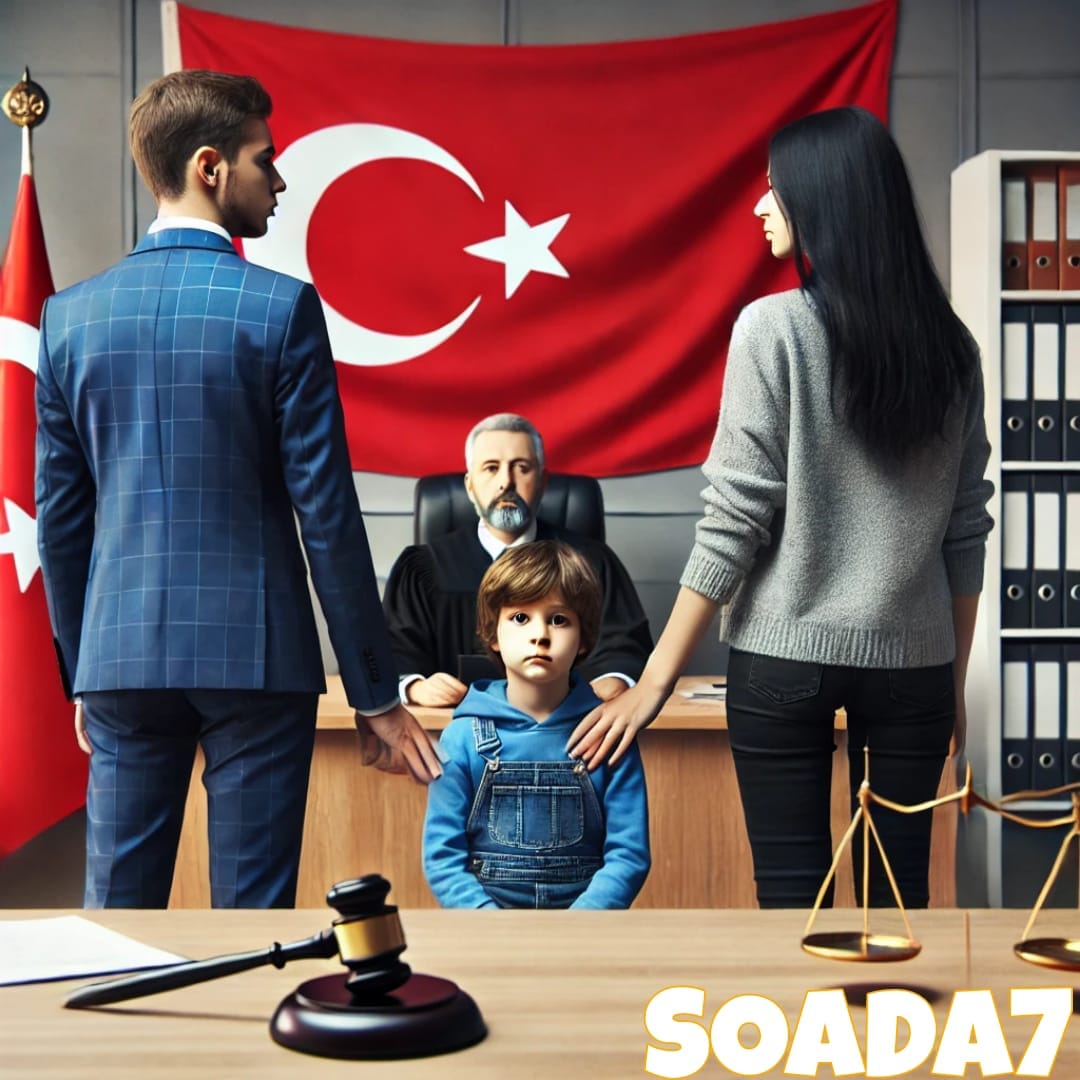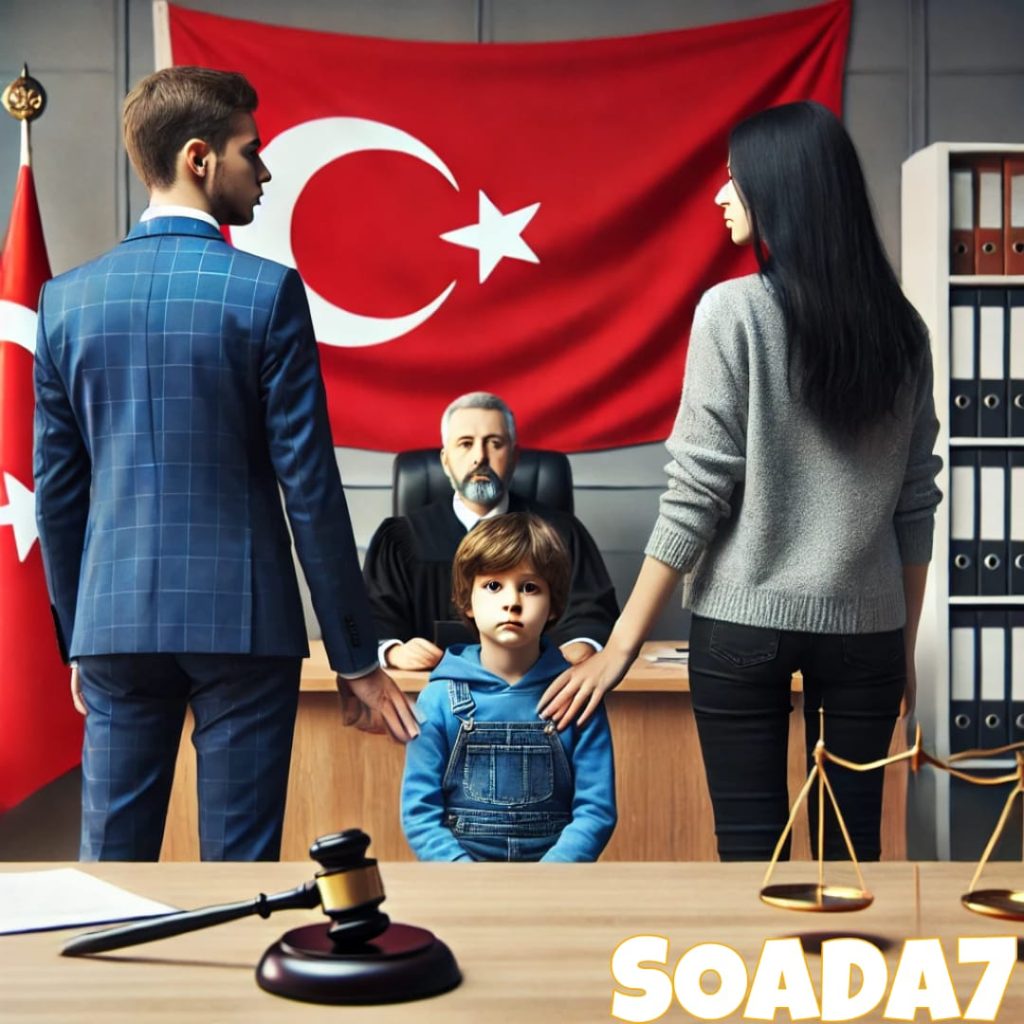

Written by/ Suad Said
In Turkey, child custody in the event of divorce is regulated by family and child laws. Turkish laws focus on protecting the rights of the child and ensuring his or her best interests. Custody decisions are made based on several factors, most notably the child’s interest and providing a stable and safe environment for him or her.
Joint or sole custody:
In the event of a divorce, custody can be granted to one of the parents alone or custody can be shared between the parents. The decision is made according to the situation of each case, but custody is most often granted to the mother, especially if the children are young, because the mother is often considered the most capable of taking care of the child.
Visitation rights:
The party who does not receive custody is granted visitation rights by court decision. These rights are regulated according to a schedule determined by the judge based on the request of the parties and their circumstances. Visitation rights include regular meetings with the child and sometimes staying with him or her for specific periods.
The role of the court:
Turkish courts take into account many factors when making custody decisions, including the ability of each parent to provide a suitable environment for the child, the emotional relationship between the child and the parents, the financial and health status of each party, in addition to the child’s desire if he is of an appropriate age to express his opinion.
Alimony and financial responsibility:
In addition to the custody decision, the court also determines the alimony that the non-custodial party must pay to support the child. This alimony is to ensure that the child’s basic needs, such as education, health care, and clothing, are provided.
Amending the custody decision:
If circumstances change after the divorce, one of the parents can apply to the court to amend the custody decision. For example, if the party with custody becomes unable to care for the child adequately, or if the living conditions of the other party change positively.
In general, Turkish laws seek to protect the child’s interests and ensure that he is raised in a healthy and stable environment, regardless of the parents’ personal circumstances.
This is where a lawyer comes in. He can provide legal advice, prepare documents, represent parties in court, negotiate amicable agreements, and appeal judgments if necessary.
🗣️ We are here to provide you with full support, providing you with specialized lawyers and translators to help you achieve your goals with ease and convenience.
📞 To communicate via WhatsApp: [0905462636488]
🌐 Visit our website: [https://www.soada7danismanlik.com/]
📍 Our address: [Korkut Reis District – Strasbourg Street – No. 23/10 – Çankaya / Ankara]

